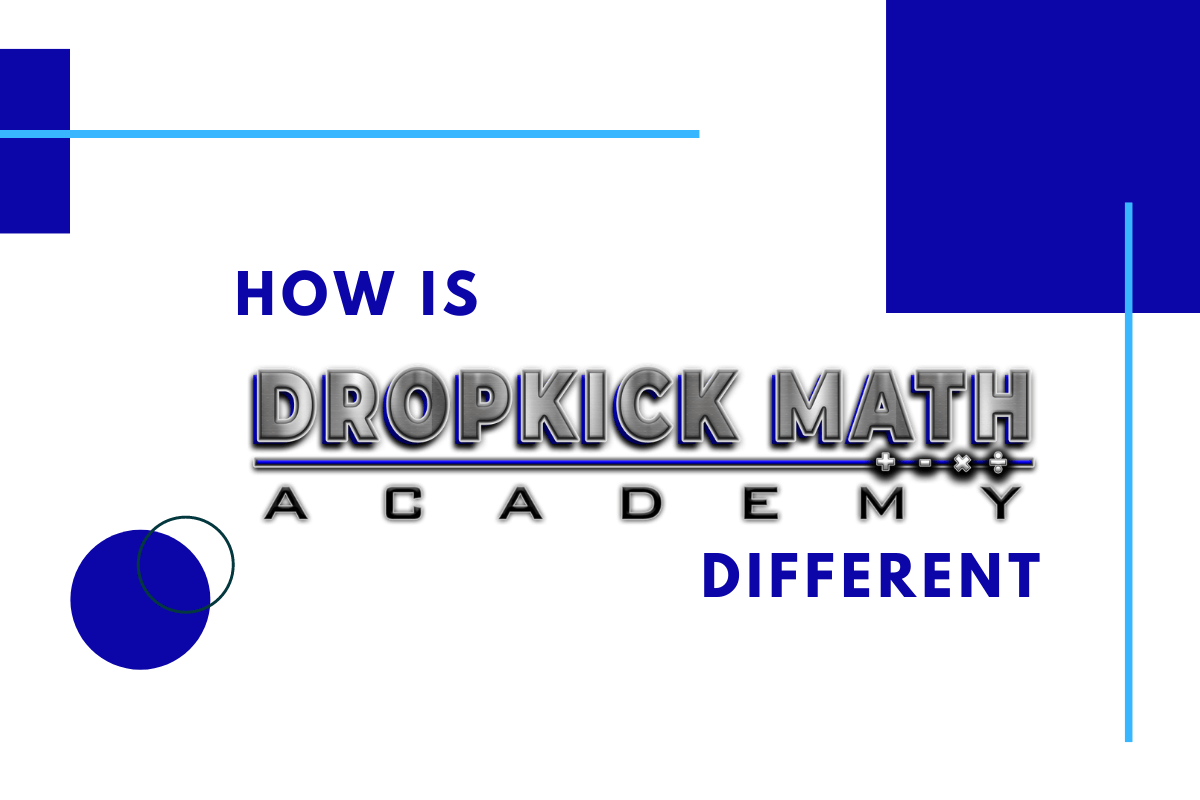What is summer slide? You may have heard this term being tossed around, but what does it really mean? Summer slide is the term used to describe the loss of knowledge and skills a student suffers over the summer. This can be due to a lack of academic enrichment opportunities over the break or simply […]





